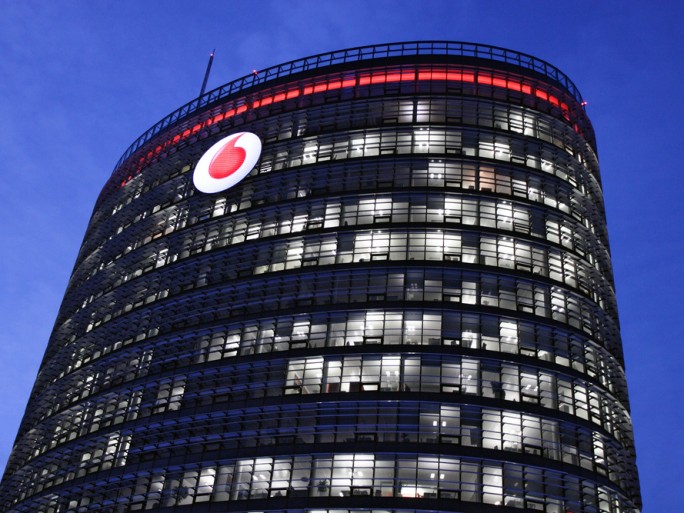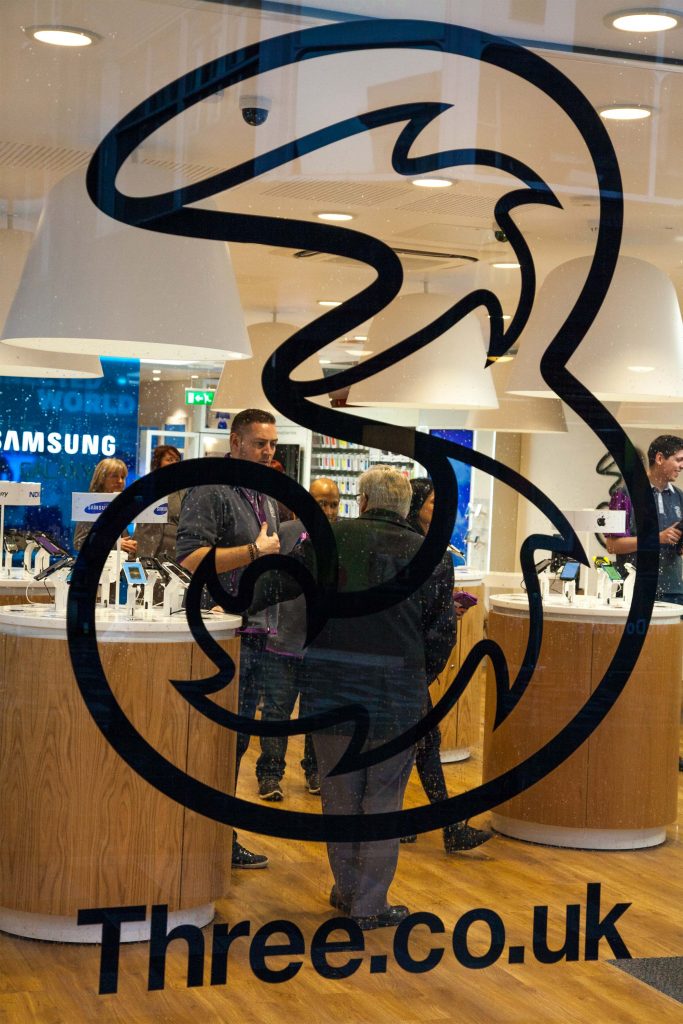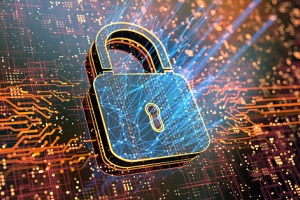It’s been a busy period for IoT (Internet of Things) market developments that affect the evolving 5G space for telcos. Global freelance business technology journalist, Antony Savvas looks at how IoT movers and shakers could help to further evolve mobile data processing and security.
DigiCert acquisition
Data security services firm DigiCert has just acquired IoT cyber security provider Mocana, with the combination of the two providing IoT manufacturers and operators with a wide platform for managing security across the full IoT device lifecycle.
The acquisition boosts DigiCert’s presence in the fast-growing market, with analyst house IDC estimating there will be more than 55 billion connected devices by 2025.
“IoT security has been a challenge for device manufacturers and operators,” says DigiCert CEO, John Merrill. “With the addition of Mocana, DigiCert is building on its vision for delivering digital trust, a growing necessity in the IoT market as smart devices become ubiquitous in every corner of our personal and professional lives.”

The combination of DigiCert and Mocana provides customers with a means to manage device identity, secure connections, prevent device tampering and update firmware and settings remotely and securely once in the field. The end-to-end offering enables digital transformation that is made possible from information technology (IT) and operational technology (OT) convergence.
This is key in the telco and general communications service provider (CSP) field, as those operators involved in 5G provision are quickly realising their 5G monetisation targets are meaningless unless they can efficiently integrate their OT and IT systems together, including in the key area of security.
While 5G will rapidly increase the amount of transaction data between customers, telcos and their partners, 5G monetisation will not be realised unless sales data channels are properly optimised and protected, and potential widescale fraud is blocked.
Mocana CTO, Srinivas Kumar says, “Together, our solutions uniquely solve the challenges of IoT security, from embedding security protections on-chip or at device manufacturing to on-device secure communications and firmware updates once in the field.”
LPWAN support

Regarding IoT partnerships, IT infrastructure and network monitoring firm Paessler is carving a niche for itself in the low power IoT connectivity market.
Paessler helps to make sure data is securely transported from sensors to network servers in the cloud, where it is analysed. It has just signed new partnerships with the LoRa Alliance as well as the mioty alliance. The new partnerships build on the relationship Paessler has with low-power wide-area network (LPWAN) company Sigfox.
As a result, Paessler now works with all the key players in the LPWAN field, to better support applications in areas such as manufacturing, building management, logistics, agriculture and smart cities, which sees small data packages transmitted over a relatively long distance with minimised energy consumption.
As an international consortium of technology companies, LoRa Alliance promotes and communicates the use of LPWAN infrastructure, and the Germany-headquartered mioty alliance supports evolving use cases using its data packet splitting technology.
“Especially in the field of IoT and Industry 4.0, monitoring solutions are needed that support the various standards and make monitoring as easy as possible,” says Helmut Binder, CEO of Paessler. “With the new alliances, we can raise the quality of our solutions and offer customers numerous advantages for their IoT monitoring.”
Roaming charges
The issue of roaming charges in the IoT market is certainly not going away, and has been given impetus with plans by telcos to start charging UK users to roam across European Union countries and other current tariff-free European territories after Brexit.

Vodafone, EE and Three are all finalising their charging plans, while Virgin Mobile and O2 have made the rather clever move by saying they won’t be charging any extra for roaming in European countries that are currently charge-free. Three was the first company that allowed free roaming in some European countries, before the European Union’s 2017 ‘Roam Like at Home’ rule came into force, and which the UK is no longer covered by.
Nick Earle, CEO of IoT connectivity specialist Eseye, says the roaming charging intentions of most UK operators will have an impact on the commercial IoT market.
He says: “Such charging clearly impacts consumers when travelling overseas, however it has a much greater impact where commercial IoT is concerned, with devices, such as smart meters, remaining in territory for up to 15 years. Unlike short-term roaming by consumers, commercial devices roaming on the same network can lead to much higher costs in the longer-term.
“Furthermore, devices permanently roaming run the risk of being disconnected from the network, as increasing regulations and operator restrictions on roaming IoT devices come into effect.”

Earle says that while roaming seems to be an “unsustainable” IoT business model for UK and partnering European network operators, the industry needs to embrace a shift towards device localisation that “results in a fairer and more profitable model for MNOs (mobile network operators)”.
For organisations deploying IoT internationally, device localisation offers a more cost-effective way of controlling IoT roaming costs. This can be facilitated through the switch from proprietary SIMs to eSIMs, which have the ability to automatically switch to local networks. This enables commercial IoT deployments to seamlessly localise onto the network with the strongest signal, helping to avoid the need for roaming and unpredictable costs.
Luner
The impending new roaming charges have not been lost on other connectivity players. Luner launched its Ultimate IoT SIM last week, a brand new flat-rate product that is said to be “ideal” for developers and small- to medium-sized enterprises (SMEs), giving them a “rapid and flexible” solution for connecting their IoT projects.
Ultimate IoT SIM provides customers with 500MB of data over a usage period of five years, for a flat rate payment of either £10, €12.50 or $15, “eliminating the stresses of fluctuating connectivity costs”, says Luner. It offers multi-network coverage from more than 130 network providers across Europe, which will automatically switch to the strongest signal. A 15% discount on data purchases is available until the end of this month.
Ubigi
Ubigi, the consumer brand of IoT services specialist Transatel (an NTT subsidiary), is also making hay around impending new roaming charges, and says users are better off investing in one of its eSIMs rather than paying them.

Ubigi provides eSIM data plans in over 180 countries to travellers with eSIM-compatible smartphones, tablets and Windows laptops. It has now published a data roaming costs comparison chart for UK citizens travelling to Europe.
Buying an eSIM pass from Ubigi will equate to at least half the standard roaming costs to be levied by Vodafone, EE and Three.
Established telcos understandably want to find new revenues when they are allowed to do so. But unfortunately for them, there are always plenty of others ready to block what they thought was a clear road to greater profitability.
The author is Antony Savvas, a global freelance business technology journalist.
Comment on this article below or via Twitter: @VanillaPlus OR @jcvplus






